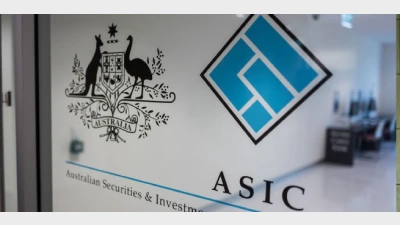Retirees face steep living increases



Increasing the superannuation guarantee (SG) to 12 per cent is a necessity for those not yet retired as living expenses have increased substantially, according to an industry body.
The Association of Superannuation Funds of Australia’s (ASFA’s) latest quarterly retirement standard report found that over the year to 30 June 2019 costs were up around 1.5 per cent for couples aged around 65 at both the comfortable and modest levels.
The figures indicated that these couples living a comfortable retirement needed to spend $61,522 per year and singles $43,601, up 0.8 per cent for each on the previous quarter. At the modest level there was an 0.6 per cent increase for singles and a 0.5 per cent increase for couples.
For older retirees (85 and above) costs rose from the previous quarter by around 0.7 per cent at the comfortable level and by 0.5 per cent at the modest level.
ASFA chief executive, Martin Fahy, said: “While the increase in the headline rate of the CPI might not look large, retirees have been facing significant increases in the price of many necessities of life”.
Fahy noted the drought had impacted the price of food, the cost of private health insurance continued to grow around twice the general rate of inflation, and petrol prices were up.
“Many retirees would have welcomed the recent decision to decrease the deeming rate in the asset test for the Age Pension but at the same time they have been facing increased costs of living and lower returns from investments, such as term deposits,” he said.
“Having sufficient savings in superannuation to support the lifestyle Australians want and deserve in retirement is an imperative. Moving to 12 per cent for the Superannuation Guarantee is a necessity for those not yet retired.”
The report found the most significant price increases in the June quarter were automotive fuel (10.2 per cent), medical and hospital service (2.6 per cent) and international holiday, travel and accommodation (2.7 per cent).
Recommended for you
State Super has begun its partnership with Frontier Advisors, transferring investment staff and taking a major equity stake to support long-term capability.
The fund has recorded double-digit MySuper gains over the year to 31 October, outperforming market medians and highlighting global equities and private credit positioning.
The regulator invited industry feedback on stamp duty and private debt disclosure reforms following its targeted review of investment reporting.
The winners have been announced for the 2025 Super Fund of the Year Awards, held in Melbourne on 26 November.









